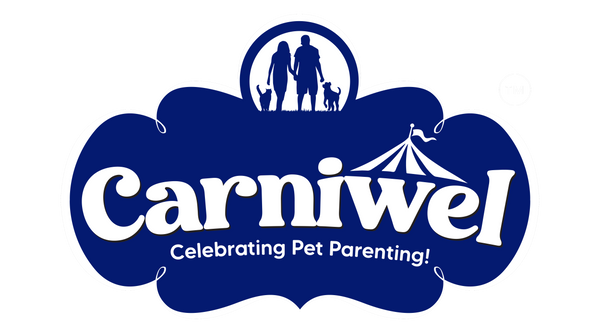As a new dog parent, taking your pup to the vet for the first time can feel both exciting and overwhelming. It's a crucial step in ensuring your canine companion stays healthy and happy. Understanding what to expect and how to prepare for this visit can ease your worries and make the experience smoother for both you and your dog. Here’s a guide to help you navigate your first vet visit.
- Finding the Right Vet
Before your first appointment, take the time to choose a vet who meets your needs. Look for recommendations from friends, family, or online reviews. Consider visiting the clinic beforehand to get a feel for the environment. Is it clean and welcoming? Are the staff friendly? A comfortable atmosphere will help ease your nerves and those of your pup.
- Preparing for the Visit
To make the visit as stress-free as possible, here are some tips to prepare:
- Schedule the Appointment: Call the clinic and schedule your appointment at a time that works best for you or you can schedule free online vet consultation. Many vets offer early morning or late afternoon slots to accommodate busy schedules.
- Gather Important Information: Bring any relevant paperwork, such as your dog’s adoption documents, vaccination records, and medical history. If you’re adopting a puppy, the breeder or shelter should provide this information.
- Prepare Your Dog: Before heading to the vet, get your dog used to being handled. Gently touch their paws, ears, and mouth, so they’re more comfortable during the exam. A little training can go a long way in making them feel secure.
- Pack Essentials: Bring along your dog’s leash, a muzzle (if your dog is anxious or reactive), and a favourite toy or blanket for comfort. A few treats can also help reward your pup for good behaviour during the visit!
- What to Expect at the Vet
The first vet visit typically includes several key components:
- Check-in and Weight Measurement: When you arrive, you’ll fill out some paperwork. The vet staff will weigh your dog and ask about their eating habits, behaviour, and any health concerns you may have noticed.
- Health Assessment: The vet will conduct a thorough physical examination, checking your dog’s heart rate, temperature, and overall condition. They may ask questions about your dog’s diet and exercise routine. This is also a great time to ask about the best dog food for your pup’s age and breed.
- Vaccinations and Preventive Care: Depending on your dog’s age and health history, the vet may recommend vaccinations or preventive treatments, such as flea and tick prevention. Make sure to ask about the vaccination schedule and any upcoming health requirements.
- Discussion on Diet and Nutrition: As a dog parent, you want the best for your furry friend. The vet will likely discuss your dog’s dietary needs and suggest good dog food brands that suit their nutritional requirements. If you have questions about switching to premium dog food or the best puppy food for a growing dog, don’t hesitate to ask.
- Addressing Your Concerns
Remember, this visit is as much about you as it is about your dog. If you have any concerns or questions—whether about behaviour, training, or nutrition—bring them up during the appointment. Your vet is there to help, and they can provide valuable insights and recommendations.
- Post-Visit Care and Follow-Up
After the visit, it’s important to keep track of your dog’s health records and any recommendations from the vet. Schedule follow-up appointments as needed, especially for vaccinations or any ongoing health issues. Keep a close eye on your dog after the visit to see how they adjust to any new medications or dietary changes.
Your first vet visit is a vital step in your dog’s health journey. With the right preparation, you can turn this experience into a positive one for both you and your furry friend. By understanding what to expect and communicating openly with your vet, you’ll ensure that your pup receives the best care possible. Remember, the goal is to establish a trusting relationship with your veterinarian, so you can both work together to keep your beloved dog happy and healthy for years to come!

